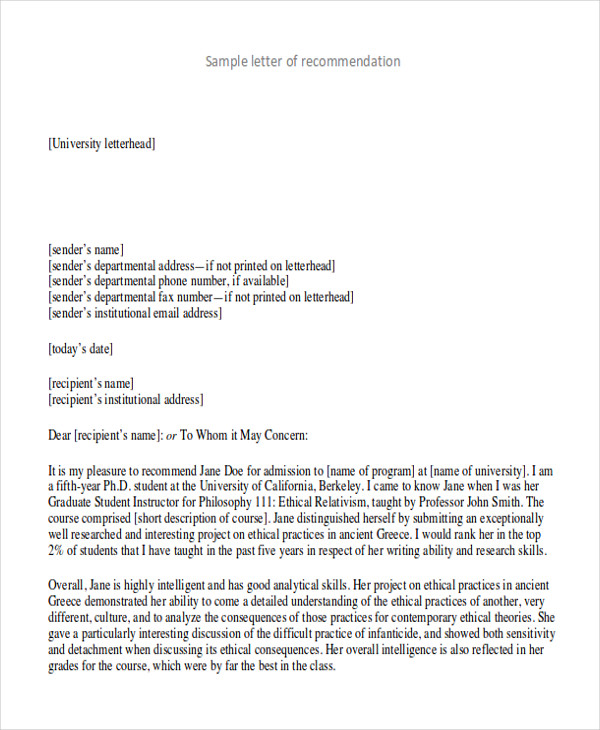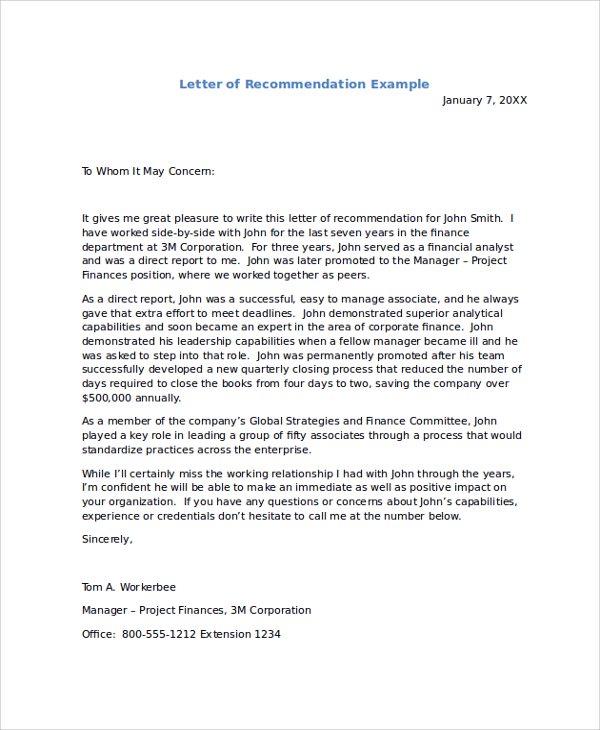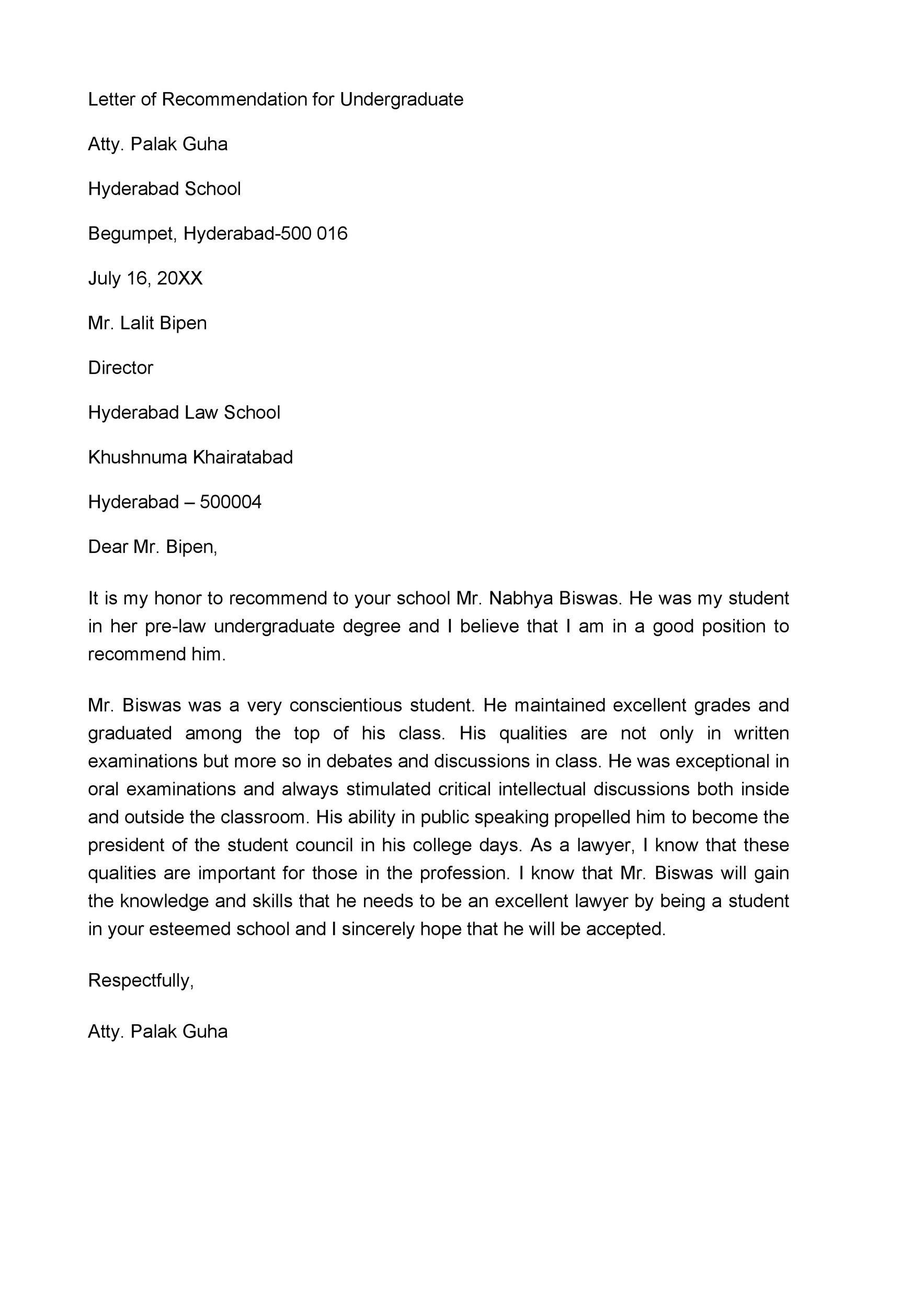
Has anyone had experience in making hiring decisions in which the hyperbole of US letters of recommendation / understatement of British letters of recommendation had an undue effect? Has anyone come up with a standard way of accounting for these differences? Perhaps something along the lines of the following chart, but for academics? The reader added, “I think this practice genuinely hurts British candidates for US positions.” It’s hard to come by evidence of this, apart from the testimony of those on search committees. Here’s Jonathan Birch (LSE) on Facebook last week:

I put the following in the Heap of Links the other day but a reader suggested it would be worth discussing. If additional letters would be redundant, it is completely acceptable to submit just two letters.Consider this a space for the discussion of various issues related to letters of recommendations. Submitting more than two letters alone will not give your application a boost. If your additional recommendations provide an additional perspective to your file, they can be a significant contribution to your application. The Admissions Committee requires two recommendations but will accept up to four. Whether you submit more than two depends on the content of the letters. How many letters of recommendation should I submit? If you are still in undergrad and have strong faculty letters, it is not necessary to add a letter from your employment or internship unless it adds something additional to your file. Please ask your recommender to speak to academic qualifications to the extent possible. You are welcome to ask your employer for a recommendation, particularly if you have been out of school for a while. May I ask my employer to write a recommendation? The Admissions Committee often finds a discussion of particular examples of your work, possibly a research project or substantial piece of writing, very helpful. Qualitative comparisons to your peers and illustrative anecdotes can also be quite useful. The most helpful letters discuss the qualities described above and contain specific and substantive discussion of your abilities as a student. What makes some letters of recommendation stand out? Your recommendations should describe your academic qualifications, intellectual ability, and strengths as a student or professional. This includes information about your intellectual curiosity, research and writing ability, analytical skills, motivation, work ethic, and capacity to think critically and challenge yourself. Personal characteristics such as maturity, professionalism, leadership potential, and ability to work with others are also relevant. What should my letters of recommendation say? We also encourage you to avoid submitting recommendations from family members or friends. The most important thing about a recommendation is the content, not the title or stature of the writer. Choosing a recommender solely on that basis usually does not result in a helpful recommendation.

You do not need a letter from an attorney.

What should I avoid in choosing recommenders?ĭo not ask a politician, public figure, judge, or alumnus based on their name and title alone. Ask recommenders who will have positive things to say about you as a student, and who know your work product and skill set well enough to write a detailed, substantive letter. We prefer to see at least one letter of recommendation from a professor, lecturer, or teaching assistant who has had significant exposure to your academic work. Loan Repayment Assistance Program (LRAP)įAQs: Letters of Recommendation Who should I ask to write my letters of recommendation?.


 0 kommentar(er)
0 kommentar(er)
